Introduction
Market capitalization categorizes companies based on their total market value, helping investors assess their financial stability and growth potential. Mega-cap stocks, the largest in the market, typically exhibit resilience, steady returns, and strong industry influence. Microsoft’s classification as a mega-cap stock highlights its market dominance, technological innovation, and long-term investment appeal. Understanding its position helps investors evaluate risk, dividend potential, and portfolio diversification strategies for sustained financial growth.
Defining Mega-Cap Stocks
Mega-cap stocks represent the largest publicly traded companies, typically with a market capitalization exceeding $200 billion. These firms are industry leaders with strong financial stability, consistent revenue growth, and global influence. Their size and market dominance allow them to withstand economic downturns while maintaining steady performance. Investors favor mega-cap stocks for their lower volatility and predictable returns, making them a cornerstone of diversified portfolios. Companies such as Apple AAPL and Microsoft MSFT exemplify the characteristics of mega-cap stocks, consistently delivering shareholder value through innovation and strategic expansion.
To qualify as a mega-cap stock, a company must demonstrate sustained financial strength and market leadership. These firms often have extensive global operations, strong brand recognition, and a history of profitability. Mega-cap stocks are typically included in major indices such as the S&P 500 and Dow Jones Industrial Average, reflecting their significance in the financial markets. Companies like Amazon AMZN and Alphabet GOOGL meet these criteria, leveraging their technological advancements and diversified revenue streams to maintain their mega-cap status.
Investing in mega-cap stocks provides stability and long-term growth potential. These companies often pay consistent dividends, reinforcing their appeal for income-focused investors. Their ability to adapt to market trends and sustain profitability ensures continued investor confidence. Understanding the characteristics and qualifications of mega-cap stocks helps investors make informed decisions, optimizing their portfolios for steady returns and reduced risk.
Sources
Nasdaq
MarketBeat
WallStreetMojo
Microsoft’s Market Capitalization
Microsoft MSFT is one of the largest publicly traded companies, consistently maintaining its status as a mega-cap stock. As of May 2025, Microsoft’s market capitalization stands at approximately $3.38 trillion, reflecting its dominance in the technology sector. Over the past five years, Microsoft’s market cap has grown by 142.93%, demonstrating strong financial performance and investor confidence Market Capitalization History & Chart](https://wallstreetnumbers.com/stocks/msft/market-cap). This expansion is driven by its cloud computing division, artificial intelligence advancements, and enterprise software solutions. Microsoft’s ability to sustain high profitability reinforces its position as a leading mega-cap stock.
Compared to other mega-cap companies, Microsoft remains one of the most valuable firms globally. Apple AAPL currently holds a market cap of approximately $2.92 trillion, while Amazon AMZN and Alphabet GOOGL maintain market caps of around $2.14 trillion and $2.05 trillion, respectively Market Cap History Charts - Net Worth of Microsoft](https://www.financecharts.com/stocks/MSFT/summary/market-cap). Despite fluctuations in stock prices, Microsoft continues to be a dominant force in the market, leveraging its strong financial position and diversified revenue streams to sustain long-term growth.
Sources
Macrotrends
WallStreetNumbers
FinanceCharts
Impact of Microsoft’s Size on Investment Strategies
Microsoft MSFT is a prime example of a mega-cap stock that offers stability and lower volatility, making it a reliable choice for long-term investors. As one of the largest publicly traded companies, Microsoft benefits from strong financial health, consistent revenue streams, and global market influence. Its ability to maintain steady growth even during economic downturns reinforces investor confidence. Compared to smaller stocks, Microsoft’s mega-cap status ensures lower risk exposure, making it an attractive option for portfolios focused on wealth preservation.
Beyond stability, Microsoft provides steady income through dividend payouts, appealing to income-focused investors. The company has consistently increased its dividend over the years, reinforcing its commitment to shareholder returns. Investors seeking passive income can benefit from Microsoft’s dividend reinvestment plans, allowing them to compound earnings over time. Other mega-cap stocks, such as Apple AAPL and Johnson & Johnson JNJ, follow similar strategies, ensuring reliable income generation for long-term investors.
Capital appreciation is another key advantage of investing in Microsoft and other mega-cap stocks. Microsoft’s ability to innovate and expand its product ecosystem drives sustained stock value growth. Its strong brand loyalty and diversified revenue streams contribute to long-term profitability, making it a cornerstone of many investment portfolios. Investors looking for a balance between stability, income, and growth potential often turn to mega-cap stocks like Microsoft, Apple, and Alphabet GOOGL to optimize their financial strategies.
Sources
Stock Analysis
Trading Central
Yahoo Finance
Microsoft’s Role in the Global Economy
Microsoft MSFT plays a crucial role in shaping global technology and consumer markets. As a leader in cloud computing, artificial intelligence, and enterprise software, Microsoft’s innovations drive industry-wide advancements. Its products, including Windows, Azure, and Microsoft 365, influence business operations and consumer behavior worldwide. The company’s strategic acquisitions, such as Activision Blizzard, expand its presence in gaming and entertainment, reinforcing its impact across multiple sectors. Microsoft’s ability to integrate cutting-edge technology into everyday applications strengthens its position as a dominant force in the global economy.
Microsoft’s financial strength significantly affects economic trends, reinforcing investor confidence and market stability. With a market capitalization exceeding $3.38 trillion, Microsoft remains one of the most valuable companies, contributing to stock market performance and economic indicators. The company’s consistent revenue growth and profitability influence broader market sentiment, often serving as a benchmark for economic health. Microsoft’s strategic investments in AI infrastructure, cloud computing, and cybersecurity further shape industry trends, driving technological advancements and economic expansion.
Microsoft’s global presence also impacts employment and supply chain dynamics. The company collaborates with manufacturers, suppliers, and service providers worldwide, supporting millions of jobs across various sectors. Its financial stability allows for continued investment in research and development, fostering innovation that benefits multiple industries. As Microsoft expands its influence, its economic contributions remain integral to technological progress and market evolution, reinforcing its status as a cornerstone of the global economy.
Sources
Yahoo Finance
Microsoft Investor Relations
Microsoft Newsroom
Key Takeaways from the Article:
- Microsoft is a Mega-Cap Stock: With a market capitalization exceeding $3.38 trillion, Microsoft is one of the largest publicly traded companies.
- Stability and Growth Potential: Mega-cap stocks like Microsoft provide lower volatility, steady dividend income, and strong long-term appreciation.
- Influence on Global Markets: Microsoft’s leadership in cloud computing, AI, and software drives technological innovation and economic trends.
- Strategic Investment Value: Microsoft’s financial strength and diversified revenue streams make it a cornerstone for portfolio stability and growth.
Conclusion
Microsoft’s classification as a mega-cap stock highlights its financial strength, industry leadership, and global impact. As one of the most valuable publicly traded companies, Microsoft provides investors with stability, consistent dividend payouts, and long-term growth opportunities. Its influence on technology, cloud computing, and AI reinforces its role in shaping market trends and economic conditions. Understanding Microsoft’s market capitalization helps investors optimize portfolios by balancing risk mitigation with strategic growth investments in an evolving financial landscape.
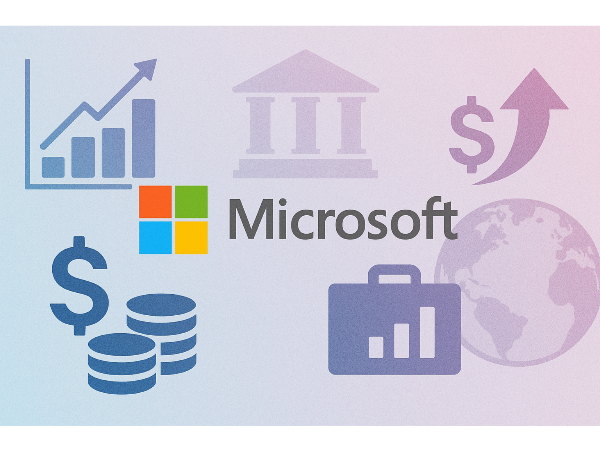

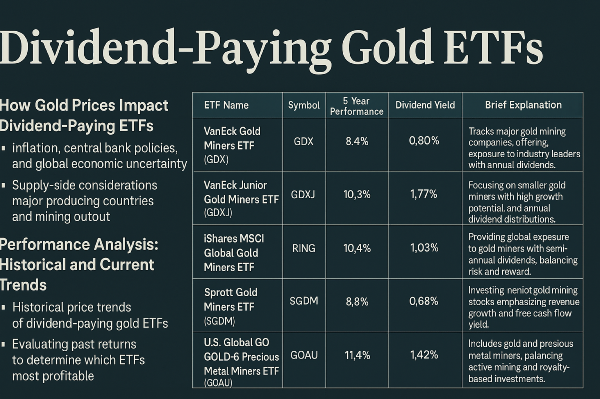

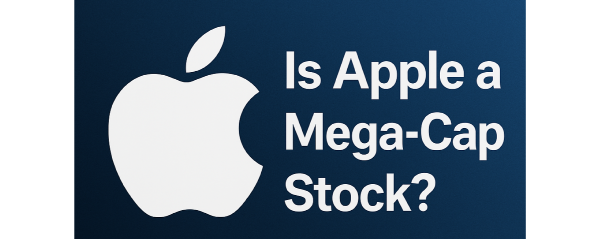
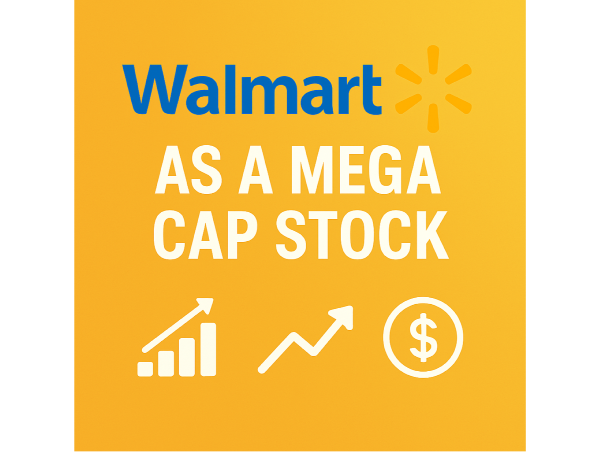
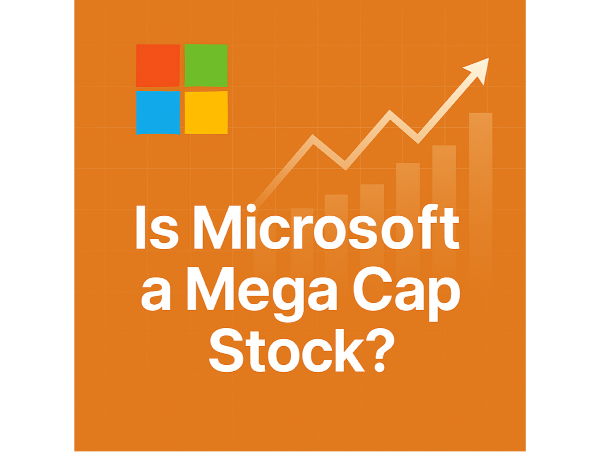

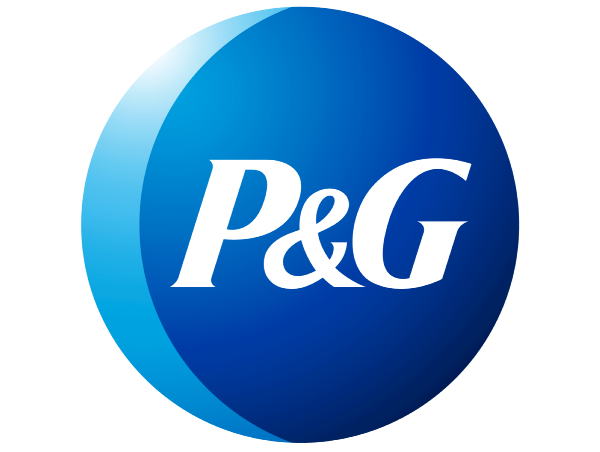


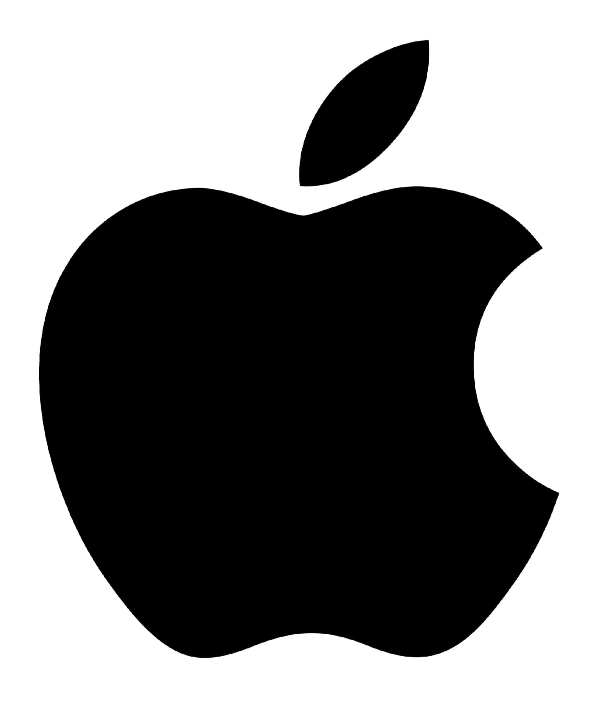



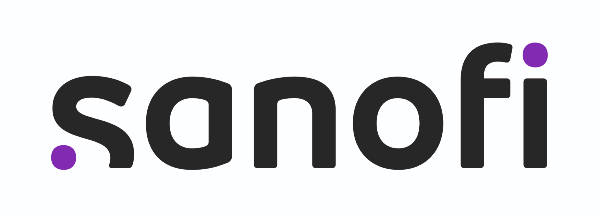

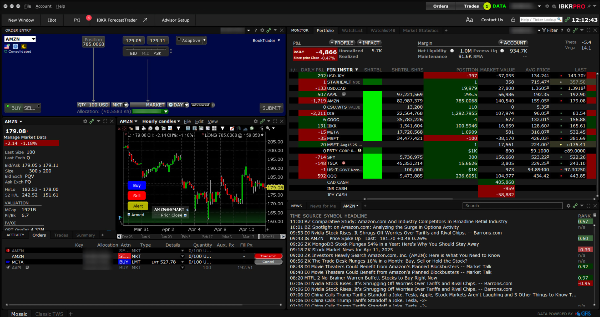
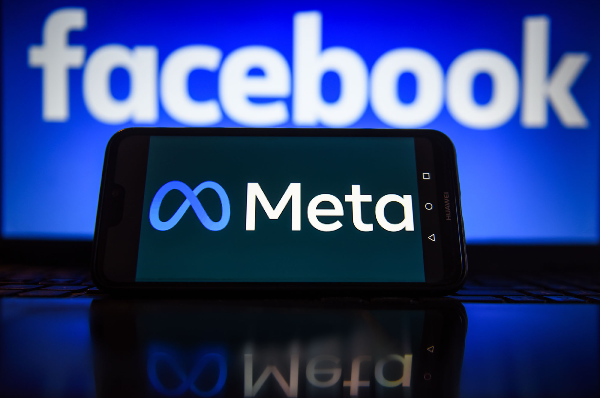









Introduction
Market capitalization categorizes companies based on their total market value, helping investors assess their financial stability and growth potential. Mega-cap stocks, the largest in the market, typically exhibit resilience, steady returns, and strong industry influence. Microsoft’s classification as a mega-cap stock highlights its market dominance, technological innovation, and long-term investment appeal. Understanding its position helps investors evaluate risk, dividend potential, and portfolio diversification strategies for sustained financial growth.
Defining Mega-Cap Stocks
Mega-cap stocks represent the largest publicly traded companies, typically with a market capitalization exceeding $200 billion. These firms are industry leaders with strong financial stability, consistent revenue growth, and global influence. Their size and market dominance allow them to withstand economic downturns while maintaining steady performance. Investors favor mega-cap stocks for their lower volatility and predictable returns, making them a cornerstone of diversified portfolios. Companies such as Apple AAPL and Microsoft MSFT exemplify the characteristics of mega-cap stocks, consistently delivering shareholder value through innovation and strategic expansion.
To qualify as a mega-cap stock, a company must demonstrate sustained financial strength and market leadership. These firms often have extensive global operations, strong brand recognition, and a history of profitability. Mega-cap stocks are typically included in major indices such as the S&P 500 and Dow Jones Industrial Average, reflecting their significance in the financial markets. Companies like Amazon AMZN and Alphabet GOOGL meet these criteria, leveraging their technological advancements and diversified revenue streams to maintain their mega-cap status.
Investing in mega-cap stocks provides stability and long-term growth potential. These companies often pay consistent dividends, reinforcing their appeal for income-focused investors. Their ability to adapt to market trends and sustain profitability ensures continued investor confidence. Understanding the characteristics and qualifications of mega-cap stocks helps investors make informed decisions, optimizing their portfolios for steady returns and reduced risk.
Sources
Nasdaq
MarketBeat
WallStreetMojo
Microsoft’s Market Capitalization
Microsoft MSFT is one of the largest publicly traded companies, consistently maintaining its status as a mega-cap stock. As of May 2025, Microsoft’s market capitalization stands at approximately $3.38 trillion, reflecting its dominance in the technology sector. Over the past five years, Microsoft’s market cap has grown by 142.93%, demonstrating strong financial performance and investor confidence Market Capitalization History & Chart](https://wallstreetnumbers.com/stocks/msft/market-cap). This expansion is driven by its cloud computing division, artificial intelligence advancements, and enterprise software solutions. Microsoft’s ability to sustain high profitability reinforces its position as a leading mega-cap stock.
Compared to other mega-cap companies, Microsoft remains one of the most valuable firms globally. Apple AAPL currently holds a market cap of approximately $2.92 trillion, while Amazon AMZN and Alphabet GOOGL maintain market caps of around $2.14 trillion and $2.05 trillion, respectively Market Cap History Charts - Net Worth of Microsoft](https://www.financecharts.com/stocks/MSFT/summary/market-cap). Despite fluctuations in stock prices, Microsoft continues to be a dominant force in the market, leveraging its strong financial position and diversified revenue streams to sustain long-term growth.
Sources
Macrotrends
WallStreetNumbers
FinanceCharts
Impact of Microsoft’s Size on Investment Strategies
Microsoft MSFT is a prime example of a mega-cap stock that offers stability and lower volatility, making it a reliable choice for long-term investors. As one of the largest publicly traded companies, Microsoft benefits from strong financial health, consistent revenue streams, and global market influence. Its ability to maintain steady growth even during economic downturns reinforces investor confidence. Compared to smaller stocks, Microsoft’s mega-cap status ensures lower risk exposure, making it an attractive option for portfolios focused on wealth preservation.
Beyond stability, Microsoft provides steady income through dividend payouts, appealing to income-focused investors. The company has consistently increased its dividend over the years, reinforcing its commitment to shareholder returns. Investors seeking passive income can benefit from Microsoft’s dividend reinvestment plans, allowing them to compound earnings over time. Other mega-cap stocks, such as Apple AAPL and Johnson & Johnson JNJ, follow similar strategies, ensuring reliable income generation for long-term investors.
Capital appreciation is another key advantage of investing in Microsoft and other mega-cap stocks. Microsoft’s ability to innovate and expand its product ecosystem drives sustained stock value growth. Its strong brand loyalty and diversified revenue streams contribute to long-term profitability, making it a cornerstone of many investment portfolios. Investors looking for a balance between stability, income, and growth potential often turn to mega-cap stocks like Microsoft, Apple, and Alphabet GOOGL to optimize their financial strategies.
Sources
Stock Analysis
Trading Central
Yahoo Finance
Microsoft’s Role in the Global Economy
Microsoft MSFT plays a crucial role in shaping global technology and consumer markets. As a leader in cloud computing, artificial intelligence, and enterprise software, Microsoft’s innovations drive industry-wide advancements. Its products, including Windows, Azure, and Microsoft 365, influence business operations and consumer behavior worldwide. The company’s strategic acquisitions, such as Activision Blizzard, expand its presence in gaming and entertainment, reinforcing its impact across multiple sectors. Microsoft’s ability to integrate cutting-edge technology into everyday applications strengthens its position as a dominant force in the global economy.
Microsoft’s financial strength significantly affects economic trends, reinforcing investor confidence and market stability. With a market capitalization exceeding $3.38 trillion, Microsoft remains one of the most valuable companies, contributing to stock market performance and economic indicators. The company’s consistent revenue growth and profitability influence broader market sentiment, often serving as a benchmark for economic health. Microsoft’s strategic investments in AI infrastructure, cloud computing, and cybersecurity further shape industry trends, driving technological advancements and economic expansion.
Microsoft’s global presence also impacts employment and supply chain dynamics. The company collaborates with manufacturers, suppliers, and service providers worldwide, supporting millions of jobs across various sectors. Its financial stability allows for continued investment in research and development, fostering innovation that benefits multiple industries. As Microsoft expands its influence, its economic contributions remain integral to technological progress and market evolution, reinforcing its status as a cornerstone of the global economy.
Sources
Yahoo Finance
Microsoft Investor Relations
Microsoft Newsroom
Conclusion
Microsoft’s classification as a mega-cap stock highlights its financial strength, industry leadership, and global impact. As one of the most valuable publicly traded companies, Microsoft provides investors with stability, consistent dividend payouts, and long-term growth opportunities. Its influence on technology, cloud computing, and AI reinforces its role in shaping market trends and economic conditions. Understanding Microsoft’s market capitalization helps investors optimize portfolios by balancing risk mitigation with strategic growth investments in an evolving financial landscape.